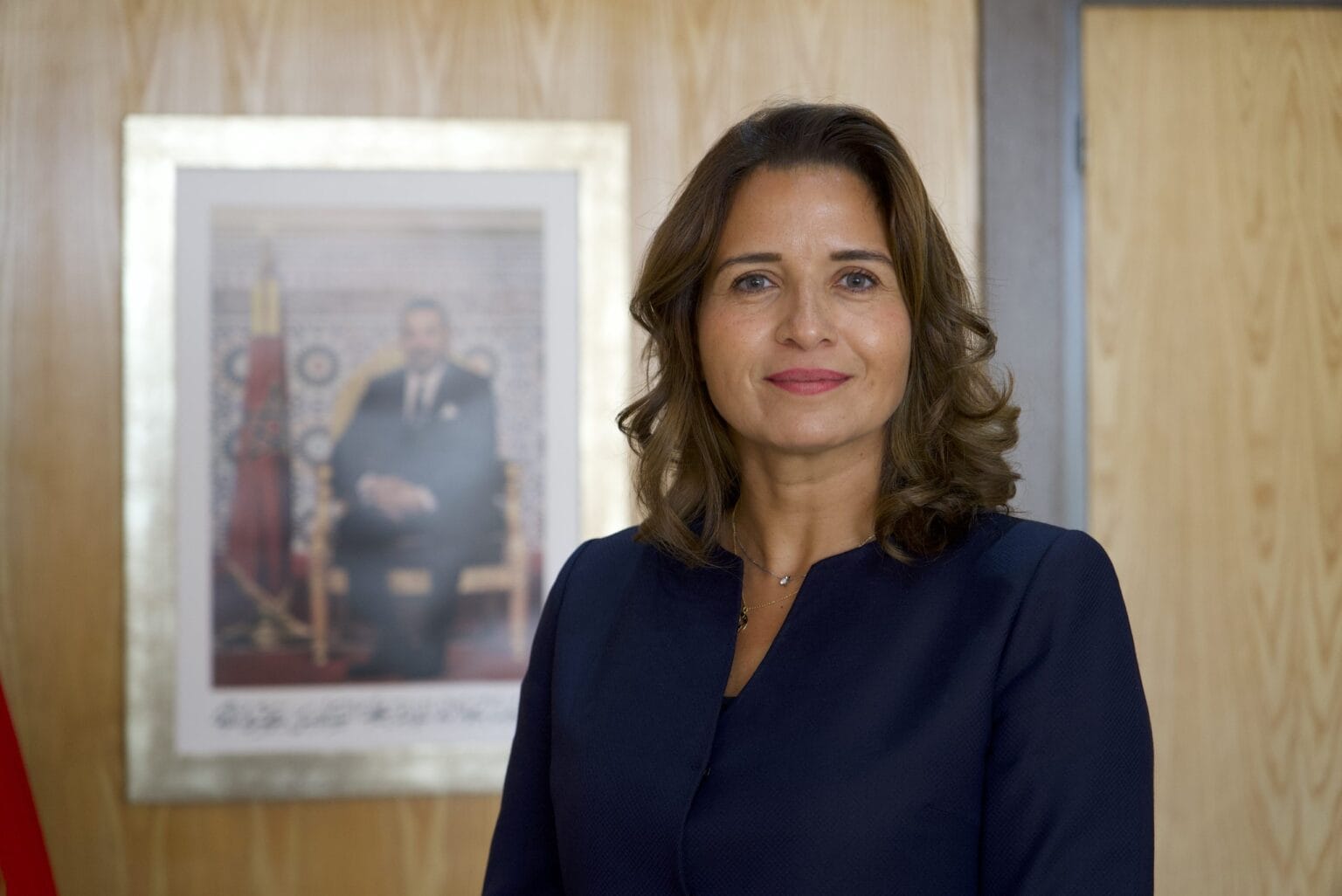Morocco is stepping up its energy strategy. On the sidelines of the OPEC conference held in Vienna, the Minister of Energy Transition and Sustainable Development, Leila Benali, unveiled an ambitious plan: more than 40 billion dollars will be mobilized over the next five years to accelerate the Kingdom’s energy transition and strengthen its regional and intercontinental connectivity.
A dual investment axis for a goal of 52% renewables
This colossal amount is divided equally between two priorities: on one side, more than 20 billion dollars will be dedicated to renewable energy and energy efficiency; on the other, an equivalent amount will go to the development of cross-border electrical infrastructures. The ambition is clear: to raise the share of renewable energy in the national electricity mix to 52% by 2030, compared to just over 45% today.
To achieve this, Morocco is particularly focusing on the development of energy storage capacities through next-generation batteries. The challenge is to address the intermittency of solar and wind sources to ensure grid stability.
Gas, a lever for transition and energy security
While the emphasis is on clean energy, natural gas retains a strategic place in the Kingdom’s energy transition. Less polluting than coal or oil, it is seen as a “bridge” that allows for a reduction in emissions while ensuring supply security.
The major project of the Nigeria-Morocco gas pipeline, estimated at over 20 billion dollars, perfectly illustrates this logic. “We are actively pursuing cooperation with our Nigerian partners,” assured Leila Benali. This giant infrastructure is expected to not only enhance energy access for several African countries but also contribute to making Morocco a regional energy hub connected to Europe.
A new electrical corridor to West Africa
Another major announcement: a 6 billion dollar electricity interconnection project between Nador and Dakhla, which will form the first step of a corridor to Mauritania and Senegal. The objective is twofold: to support Morocco’s energy sovereignty while promoting electrical integration on the continent.
This project is already attracting interest from many private investors, drawn by the expected profitability – exceeding 10%. This is evidence, according to the minister, of the robustness of the Moroccan model in managing large-scale energy projects.
An African and sustainable vision of energy diplomacy
Beyond infrastructures, Leila Benali emphasized the political and social dimension of this transition. Morocco, she says, wants to demonstrate that it is possible to combine economic growth with environmental responsibility. By promoting South-South cooperation, public-private partnerships, and universal access to electricity, the Kingdom aims to play a leading role in building a more resilient and united Africa.
“Energy is a lever of solidarity,” she insisted. A vision consistent with Morocco’s climate ambitions… and with its growing role on the continental energy scene.


